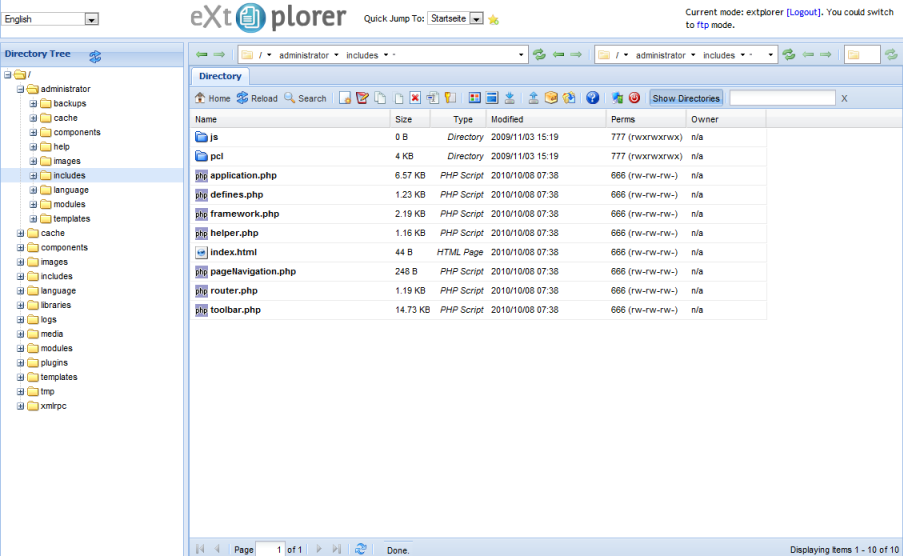Self Hosted FTP
-
OK so here's a question for the community.
We currently are renting an FTP service from Maytech. It works well, but is EXPENSIVE....
It's on 20GB (so is really tiny).
It has a few critical features though.
Password less logon (for clients or vendors etc) and custom sites for different clients.
So we could have our top level "Owners" and then Client1 Client2 Client3 all with distinct FTP pages (and custom logon information for each site)
Are there any linux distributions that can mimic this setup and feature set? Easily, and with Minimal setup.
Looking for expiration, quota limits, and specifically (critical) custom sub-FTP-sites that can be assigned to a client, which must be able to be managed from the root account.
-
What you are describing is just FTP. Super simple. You can do this on anything. I don't see any features here that aren't just basic FTP. And I'm not sure that someone could add features to FTP as that would break the protocol.
FTP hosting should approach free. Nearly every cheap web hosting service ($3/mo) includes FTP hosting in the service.
-
A big question, of course, is why FTP?
-
Oh of critical importance is OS independence Browser based access.
Sorry forgot to add that.
-
@DustinB3403 said:
Oh of critical importance is OS independence Browser based access.
Sorry forgot to add that.
All included when you say FTP.
-
I think what you are missing here is that FTP is FTP. Just like HTTP, SSH or SMTP are just protocols. That's all that they are. No matter what platform serves them, any client that talks that language can consume them. The server does not determine the features, the protocol does.
-
There are several FTP servers that are very common on Linux. I would use the default one for whatever distro you want to use.
-
Personal FTP like Filezilla Server?
-
@Joy said:
Personal FTP like Filezilla Server?
That's what you would want to use as a client for FTP. Much more powerful than using a web browser in most cases. Especially if you want to upload too.
-
We are using the Filezilla Server and also Filezilla client before-
-
@Joy said:
We are using the Filezilla Server and also Filezilla client before-
That's a desktop application "server" and not meant for production use. If you are on Windows I would stick with IIS. On Linux, you have lots of built in FTP options.
-
So any recommendations, as it appears I actually need an HTTP File server with an Easy to Use Web front (for end users).
-
-
@WingCreative said:
Those would be my first thoughts. You can just use WebDAV too, like SharePoint does.
-
Alfresco would do it too.
-
What about a WordPress Uploader Plugin?
-
-
-
-
that is seriously ugly

